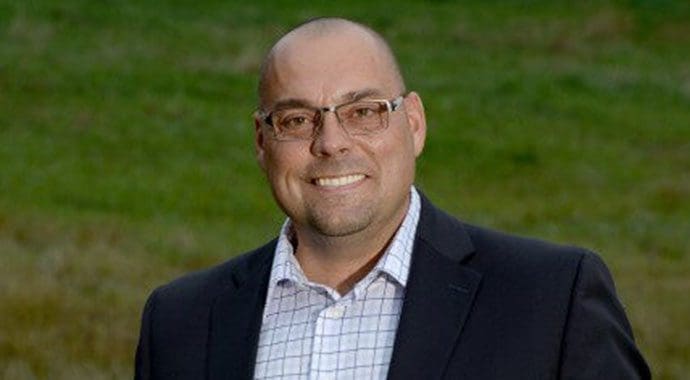There is a difference between being in a position of power and being a leader
 It is difficult to identify a world leader who has not betrayed their integrity for the sake of wealth and power. The sanctity of human life apparently means nothing to these people, and it has become more important for them to control the narrative than to speak the truth. Far too often, we see people in power abandon us in our moment of need and manipulate us in our time of vulnerability.
It is difficult to identify a world leader who has not betrayed their integrity for the sake of wealth and power. The sanctity of human life apparently means nothing to these people, and it has become more important for them to control the narrative than to speak the truth. Far too often, we see people in power abandon us in our moment of need and manipulate us in our time of vulnerability.
When facing such a situation, it is essential to find great leaders in history and seek refuge in the hope and inspiration of their legacy.
Perhaps the greatest leader of the last 500 years was Guru Tegh Bahadur Ji, who was publicly beheaded by a Mughal Emperor in what is today India. Rather than succumb to this man’s wishes and abandon not only his Sikh followers but also his Hindu neighbours, Guru Tegh Bahadur Ji embraced all that is pure and beautiful in our humanity; he inspires the rest of us to do the same.
 Todd Doherty |
| Related Stories |
| What makes leadership good, bad or ugly?
|
| The importance of values in defining great leaders
|
| Do you sound like a leader? |
During the Rwandan Genocide of 1994, Jean-Marie Vianney Gisagara, the mayor of a small town in the Butare region, delayed the actions of genocidaires in his community, distributed falsified identity cards to his Tutsi neighbours so they could pass as Hutus, and helped countless people escape to Burundi. For his efforts, Gisagara was hunted and brutally murdered, but died knowing that he had done the right thing.
Fortunately, not all great leaders are martyred. Eleanor Roosevelt convinced her husband, Franklin, to bring humane reforms to American government policy when he was president. She went on to work with an astounding group of female leaders (in conjunction with male counterparts) to write the Universal Declaration of Human Rights in the years following the Second World War. If we had followed this document, we would not be facing a crisis today.
There are also elected officials today who seek to serve and not to exploit. Todd Doherty, Member of Parliament for Cariboo-Prince George, is a government representative anyone living in a democracy hopes for. His greatest fault is that he expects too much of himself in his role, so much so that his body began to shut down five years ago, and he had to be hospitalized.
Doherty recovered and, through collaboration with parliamentarians from other political parties, has moved forward legislation to improve the lives of ordinary Canadians. Most recently, he opened up about the impact of trauma and abuse on his own family, something few politicians have the courage to discuss, yet something that we so desperately need to discuss.
Many fail to realize that there is a difference between being in a position of power and being a leader. This contrast became very clear in the confrontation between the Mughal Emperor and Guru Tegh Bahadur Ji, who embraced integrity, love, and truth in the face of violence, intimidation, and manipulation.
A Palestinian Jew named Jesus spoke a similar message, “What shall it profit a man, if he gain the whole world, and lose his own soul?” (Mark 8:36)
We are facing a leadership crisis in the world when flying on a private jet means more than caring for the environment. When controlling the food industry means more than feeding the hungry. When producing weapons to kill children means more than educating them. When owning a yacht and several homes means more than living with integrity.
The good thing is that each of us is a leader. We determine whether we will play the game of manipulation and exploitation or follow the example of Guru Tegh Bahadur Ji, Jesus of Nazareth, Eleanor Roosevelt, Jean-Marie Vianney Gisagara, or Canada’s very own Todd Doherty.
The choice is ours. And in that choice lies our power.
Gerry Chidiac specializes in languages, genocide studies and works with at-risk students. He is the recipient of an award from the Vancouver Holocaust Education Centre for excellence in teaching about the Holocaust.
For interview requests, click here.
The opinions expressed by our columnists and contributors are theirs alone and do not inherently or expressly reflect the views of our publication.
© Troy Media
Troy Media is an editorial content provider to media outlets and its own hosted community news outlets across Canada.

